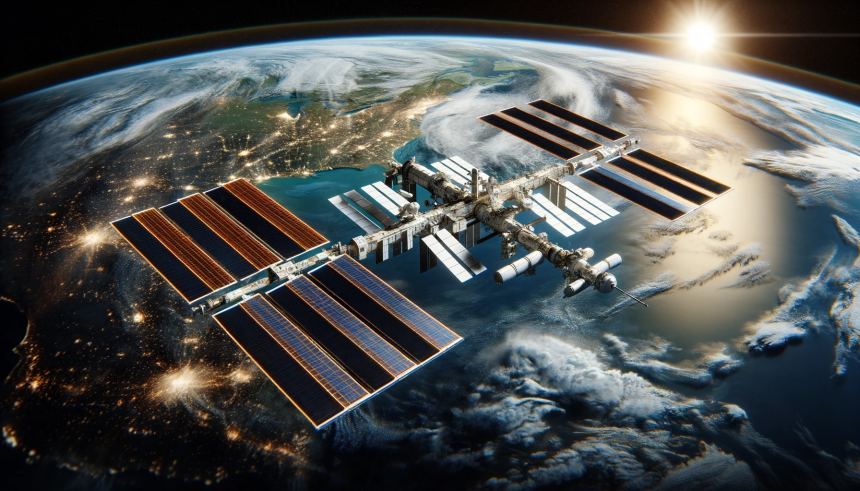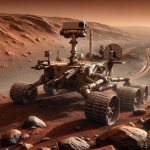The upcoming media teleconference hosted by NASA and Boeing will delve into the evaluation of the Starliner’s propulsion system performance, an integral part of NASA’s Crew Flight Test efforts. This discussion is crucial as both organizations continue to analyze the spacecraft’s functionality before its return from the International Space Station (ISS). The teleconference is scheduled for 2 p.m. EDT on Friday, June 28, and will also touch upon the latest operations on the ISS. For live audio streaming, interested parties can visit NASA’s official website here.
Key Participants
The teleconference will feature key figures from NASA and Boeing. Ken Bowersox, the associate administrator of NASA’s Space Operations Mission Directorate, along with Steve Stich, the manager of NASA’s Commercial Crew Program, are among the participants. They will be joined by Bill Spetch, operations integration manager of NASA’s ISS Program, and Emily Nelson, chief flight director at NASA’s Johnson Space Center. Representing Boeing, Mark Nappi, vice president, and program manager of the Commercial Crew Program, will also be involved in the discussions.
Starliner Mission Progress
On June 5, NASA astronauts Butch Wilmore and Suni Williams embarked on a mission utilizing the United Launch Alliance Atlas V rocket, which launched from Space Launch Complex-41 at Cape Canaveral Space Force Station in Florida. The mission aimed to perform an end-to-end test of the Starliner system. The crew successfully docked with the ISS’s Harmony module on June 6, an event marking another milestone in NASA’s Commercial Crew Program.
ISS Research and Operations
The ISS, now in its 24th year of continuous human presence, serves as an exceptional scientific platform where astronauts conduct a wide array of experiments unfeasible on Earth. Research spans across various fields including Earth and space science, biology, human physiology, and technology demonstrations. With over 3,300 experiments conducted in microgravity, the ISS stands as a pivotal element in space commerce, fostering partnerships in commercial crew and cargo missions, while also supporting commercial and national lab research. Insights gained from operations aboard the ISS are instrumental as the baton is passed to future commercial space stations.
Historical data reveals that previous NASA announcements have consistently highlighted the importance of the ISS as a cornerstone for scientific research and commercial partnerships. Similar media briefings have provided updates on crew operations, scientific experiments, and technological advancements, reinforcing the ISS’s role as a vital asset in space exploration.
Comparing past announcements, the focus remains steadfast on enhancing the capabilities of spacecraft like the Starliner. Previous missions and evaluations have shed light on the intricate processes of spacecraft performance assessments, crew safety protocols, and the seamless integration of commercial partners into NASA’s broader objectives. Continuity in these discussions underscores the iterative improvements and collaborative efforts central to the success of NASA’s missions.
As the ISS continues to support a diverse array of scientific experiments, the ongoing evaluations of the Starliner propulsion system showcase the meticulous efforts to ensure mission success and crew safety. Each mission contributes valuable data, enriching our understanding of space travel and advancing future endeavors in space exploration. For NASA and Boeing, these teleconferences serve as a platform to communicate progress and foster transparency with the public and stakeholders.
- NASA and Boeing to discuss Starliner’s propulsion system performance.
- Key figures from NASA and Boeing will participate in the teleconference.
- The ISS continues to support thousands of scientific experiments.










